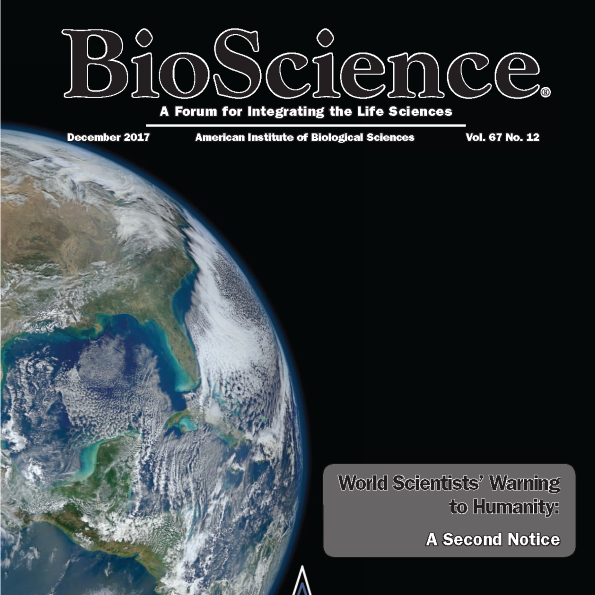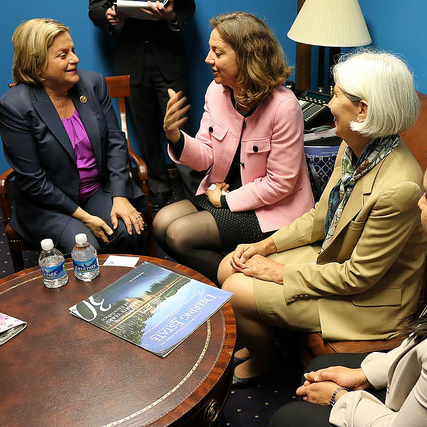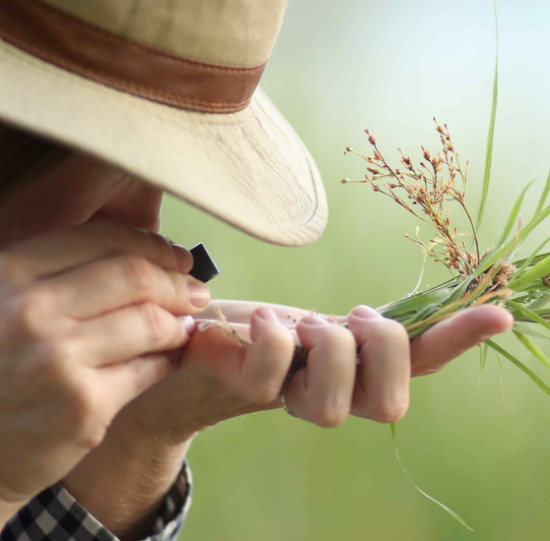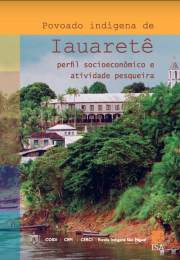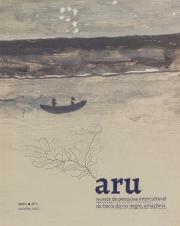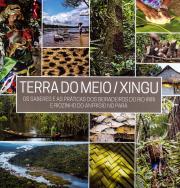| |
Direto do ISA
| |
| |
Resultado de um trabalho de mais de 20 anos, o acervo do ISA reúne aproximadamente 16 mil documentos, 300 teses e 160 mil notícias, além de fotos e publicações. Confira! - Direto do ISA, 15/12. |
| |
Conhecedores milenares sobre o manejo do fogo, povos indígenas do Xingu estão construindo estratégias para lidar com as mudanças ambientais do entorno que impactam seu território - Direto do ISA, 14/12. |
| |
As Expedições Serras Guerreiras de Tapuruquara em Santa Isabel do Rio Negro, noroeste amazônico, percorreram cinco comunidades que encantaram 45 viajantes de oito estados brasileiros - Direto do ISA, 14/12. |
| |
Nessa semana destacam-se a advertência do Ministério Público sobre o risco de massacre na Terra Indígena Karipuna, em Rondônia, por conta da invasão de madeireiros e criadores de gado; o tráfico ilegal de quelônios e pirarucu na Terra Indígena Vale do Javari e a medida liminar concedida aos povos indígenas e tradicionais do Ceará suspendendo obras que retiram água de seus territórios - Blog do Monitoramento/ISA, 15/12. |
| | |
| |
Clima
| |
| |
A ex-ministra do Meio Ambiente Izabella Teixeira cobrou das empresas uma postura de liderança no processo de condução do País para uma economia de baixo carbono, mais sustentável e com menor emissão de gases de efeito estufa. Para ela, a discussão não deve ficar restrita a ambientalistas, pois o assunto definirá os rumos dos negócios em um cenário de incerteza ambiental, que inclui as mudanças no clima e seus impactos - OESP, 15/12, Economia, p.B10. |
| | |
| |
Amazônia
| |
| |
Em visita a Manaus, o deputado Jair Bolsonaro questionou se o Brasil ainda tem a soberania sobre a Amazônia por causa das Terras Indígenas, às quais comparou a zoológicos. Também afirmou que, para "salvar ao menos parte da Amazônia", é preciso buscar parcerias com países democráticos como os EUA para a exploração dos recursos minerais. Bolsonaro defendeu a exploração mineral em Terras Indígenas e disse que a demarcação de grandes áreas, como a dos Yanomami, "poderão ser novos países dentro do Brasil." - FSP, 15/12, Poder, p.A6. |
| |
Depois de mostrar, com seu trabalho "Gênesis", áreas do planeta que ainda não foram afetadas pela civilização, o renomado fotógrafo Sebastião Salgado elabora atualmente um projeto para que a floresta amazônica seja considerada uma reserva de capitais. O objetivo é criar um modelo econômico que garanta elevado retorno financeiro com a preservação ambiental - Valor Econômico, 15/12/, EU& Fim de Semana, p.26-27. |
| | |
| |
Geral
| |
| |
No sábado (16), o bairro Colônia Paulista, no distrito de Parelheiros, recebe a Coloniart - Feira de Artesanatos e Gastronomia. O tema do evento é "Demarcação Já", devido à presença de aldeias indígenas na região. A pedagoga guarani Poty Porã marca presença e participa de bate-papo sobre o tema - FSP, 15/12, Guia da Folha, p.75. |
| | |
| |
Gestão Empresarial
| |
| |
Promovido pela Câmara Americana de Comércio e pelo 'Estadão', prêmio homenageou 34 projetos de sustentabilidade empresarial desenvolvidos no Brasil. Iniciativas que economizam água e reciclam lixo de difícil descarte estão entre as vencedoras do Prêmio Eco 2017, o mais tradicional troféu de sustentabilidade empresarial do País - OESP, 15/12, Economia, p.B10. |
| | |
| |
Cidades
| |
| |
No Brasil, mais de 80% da população vive em centros urbanos desestruturados. Eles refletem a ineficiência da infraestrutura criada para suportar o intenso desenvolvimento das metrópoles no século XX: pequenos grupos de interesse foram privilegiados e necessidades coletivas - no que se refere a mobilidade, saneamento, habitação, energia, tratamento de água e resíduos, parques, áreas de lazer e meio ambiente - ficaram em segundo plano. Na avaliação de urbanistas, as desigualdades só serão minimizadas com a distribuição mais igualitária dos recursos públicos, a partir de estudos que indiquem prioridades para toda a população - Valor Econômico, 15/12, Especial, p.F1. |
| | |
| |
Poluição do Ar
| |
| |
A Câmara Municipal de São Paulo aprovou nesta quinta-feira (14/12) o projeto de lei que prevê a volta da inspeção veicular na cidade até o início de 2019, com multas que chegam a até R$ 5 mil por veículo em caso de infrações.O projeto também adia por 20 anos o fim da emissão de CO2, poluente associado ao efeito estufa, pelos ônibus de São Paulo. Lei sancionada em 2009 estabelecia 2018 como meta para a extinção das emissões, o que está longe de ser alcançado atualmente pelas empresas que operam no município - FSP, 15/12, Cotidiano, p.B10. |
| | |
|


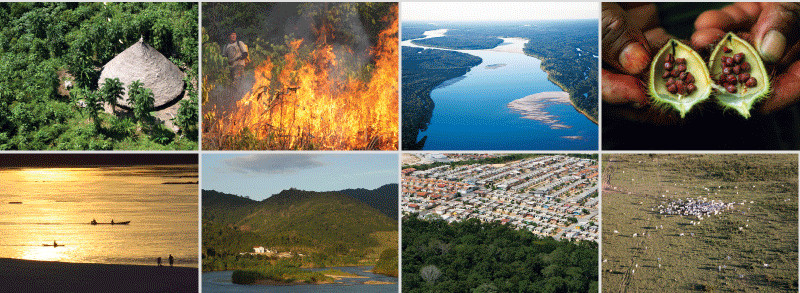


.png)
